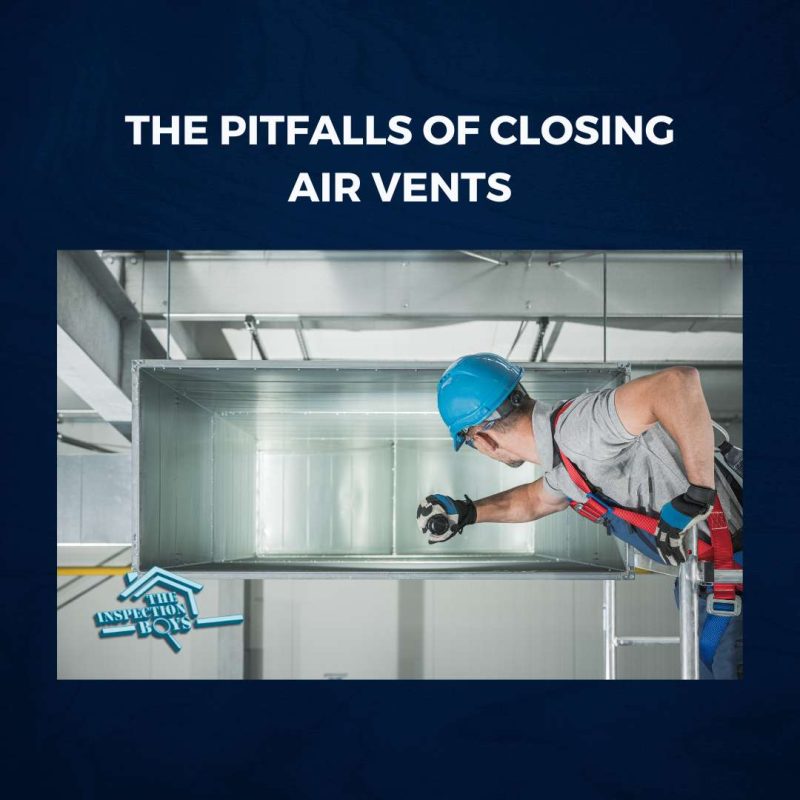Closing air vents is a common practice among homeowners who believe it will help cool other rooms in their home. However, this is a myth that can have serious consequences for your HVAC system.
How Air Vents Work
Air vents are a vital part of your HVAC system. They allow conditioned air to circulate throughout your home, keeping it at a comfortable temperature. When you close an air vent, you are essentially blocking the flow of air to that room.
The Dangers of Closing Air Vents
There are several dangers associated with closing air vents:
- System damage: Closing air vents can cause your HVAC system to work harder than it needs to, which can lead to premature wear and tear. Additionally, the lack of airflow can cause the AC coils to freeze, which can damage the unit.
- Ductwork issues: Closed air vents can also increase the pressure in your ductwork, which can lead to leaks or even ductwork failure.
- Reduced energy efficiency: When you close air vents, you are essentially forcing the HVAC system to work harder to cool the rest of your home. This can lead to higher energy bills.
- Mold growth: Closed air vents can also create a breeding ground for mold and mildew. This is because the lack of airflow can cause condensation to build up in your ductwork.
- Carbon monoxide risk: In some cases, closing air vents can even increase the risk of carbon monoxide poisoning. This is because the lack of airflow can prevent the carbon monoxide from being properly exhausted from your home.
What to Do Instead of Closing Air Vents
If you are concerned about cooling other rooms in your home, there are better ways to do it than closing air vents. Here are a few tips:
- Use a zoning system: If your HVAC system has zoning capabilities, you can use it to control the temperature in different areas of your home. This will allow you to cool the rooms you are using without having to close the vents in the unused rooms.
- Install ceiling fans: Ceiling fans can help to circulate air throughout your home, which can help to cool it down without having to close air vents.
- Open windows: On mild days, you can open windows to help cool your home. This is a good way to save energy, as it will allow the HVAC system to work less.
- Get a professional opinion: If you are unsure about how to cool your home without closing air vents, it is always best to consult with a professional. A qualified technician can assess your system and recommend the best course of action.
Conclusion
Closing air vents is a common practice that can have serious consequences for your HVAC system. By understanding the dangers of this practice, you can make informed decisions about how to cool your home without damaging your system.
Here are some additional tips to help you cool your home without closing air vents:
- Clean your air filters regularly: Dirty air filters can restrict airflow and make your HVAC system work harder.
- Seal any air leaks: Air leaks can let hot air in and cold air out, making your HVAC system work harder.
- Get your HVAC system serviced regularly: A regular tune-up can help to keep your system running efficiently.
By following these tips, you can help to keep your home cool and comfortable without damaging your HVAC system.

